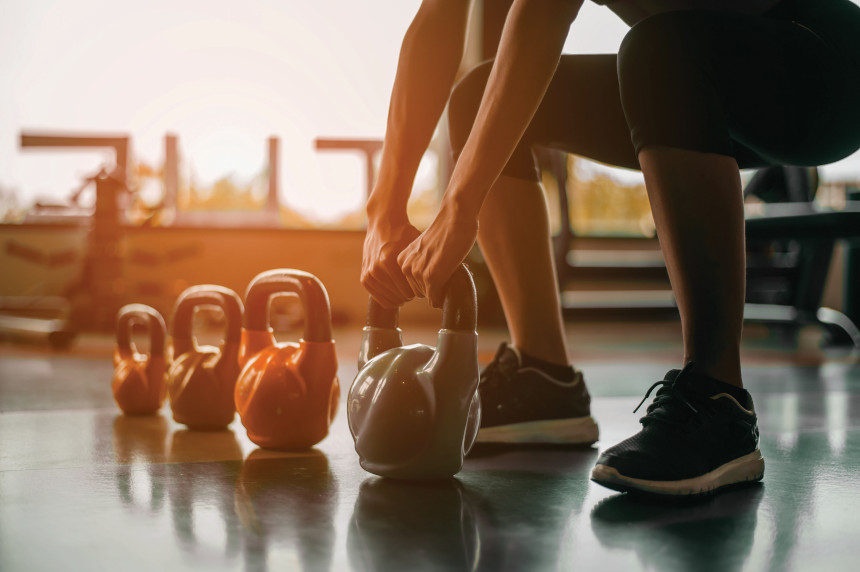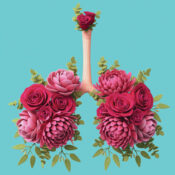Many of us dropped our resolve during the COVID-19 outbreak. Stuck inside, isolated from friends and family, we ate too much, drank too much, “forgot” to exercise, and let many other good habits slide. What will it take to shed a few pounds, restart your fitness routine, and drop your newly acquired bad habits? Here are tips for getting back on track from clinical psychologist Vaile Wright, Ph.D., of the American Psychological Association:
- Reflect on past victories. Build resolve by recalling ways that you overcame difficult situations in the past. Drawing on those experiences can serve you well in an uncertain future.
- Write it down. Make a list of personal goals and five things that motivate you to achieve each one. Put the list where you will see it.
- Take baby steps. Don’t try to return to your former fitness level overnight, for example. Instead, start small. Focus on exercising
a little the first week. Start working on diet changes the week after. - Overcome resistance. Feel that you’ve lost your motivation? Sleep in workout clothes and, in the morning, roll out of bed and go for a walk. Or join up with a workout buddy or walking partner — a tried and true motivation tactic.
- Deny temptation. This tip is so obvious, it shouldn’t need to be stated, but it’s incredibly effective: Keep trigger foods and drinks out of the house. Toss out the candy; give away that extra case of beer. Then, set rules around when and where to eat and drink.
- Acknowledge the problem. Make a note of the ways that your worries lead you into bad habits, and craft coping skills to help ease anxiety. Hobbies like knitting, baking, or assembling jigsaw puzzles are pleasurable and help regulate runaway emotions.
- Get help if you need it. Seemingly minor bad habits can get worse. It’s absolutely time to see a trained mental health provider when we are unable to care for ourselves because of anxiety, depression, and substance abuse. “We, as humans, are resilient and adaptable. While these adverse times will likely have long-lasting effects, life on the other side can be good: having closer personal relationships, having a better sense of what’s important to you and the world, finding some meaning in what you do. I do think that’s all possible,” adds the expert.
This is adapted from an article featured in the July/August 2020 issue of The Saturday Evening Post. Subscribe to the magazine for more art, inspiring stories, fiction, humor, and features from our archives.
Featured image: Shutterstock
Become a Saturday Evening Post member and enjoy unlimited access. Subscribe now



